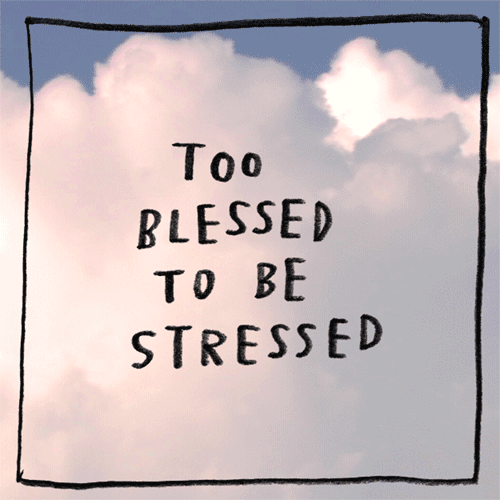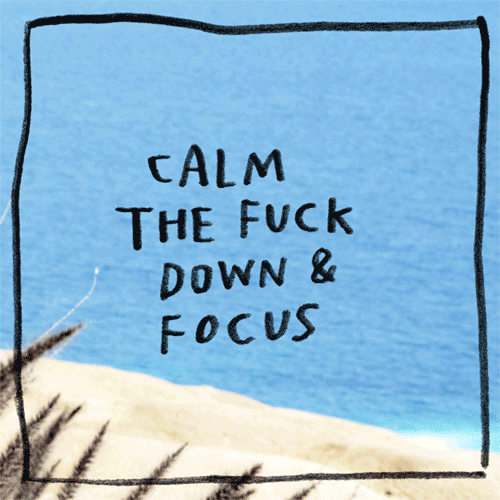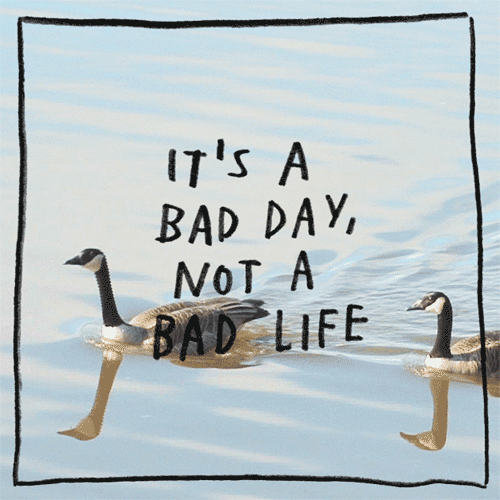Conversation
Me: I'll go to sleep after this chapter
Book: *ends chapter with a cliffhanger*
Me: oh so you're gonna be one of THOSE books
18K notes
·
View notes
Photo


I am alone. In the sunlight I see reflections of the past and now I look forward.
125 notes
·
View notes
Photo

Yep I did just handwrite thirty pages of my linguistics notes (because I hate myself) and now I have callouses on my fingers.
9K notes
·
View notes
Photo

11.04.16 // Last day before school starts and I’m studying with friends 🎒
40K notes
·
View notes
Photo
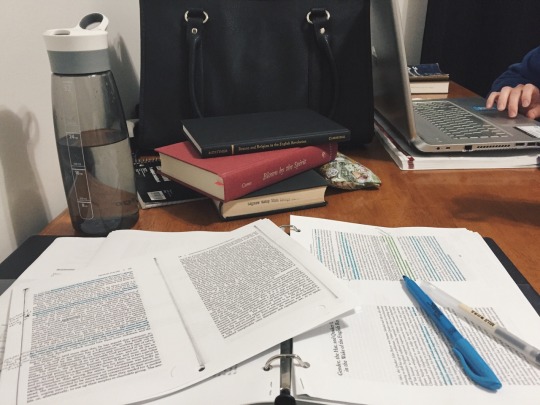
Sharing a table with my guy is loads more enjoyable but far less aesthetically pleasing. Trying to make it through at least two more chapters of scanned readings tonight but these Marxists historians can be a real drag.
196 notes
·
View notes
Text
Memorization Tips
Hey guys! Here’s a collection of all the tips I use on a regular basis to help with memorization. Three things before we start. One, keep in mind that this is mostly geared towards both visual and auditory learners. Two,, I’ll use Biology examples, but these tips can be applied to a variety of subjects. Three, when I talk about drawing, 5-year-old level doodles will do just fine. So, I hope you find these helpful!
Draw pictures of what you have to remember – break up whatever word you need to remember, associate each part with something, draw that something. Ex: thermogenin, you draw a thermos and inside of it, you draw a gene (as in, you draw a chromosome and shade a small part of it). This is my ultimate foolproof method for remembering vocabulary.
Make each page memorable. You can use colors, draw little arrows, make doodles, even if they are irrelevant to the subject you’re studying. Making each page unique will stimulate your visual memory and you’ll be more likely to remember things (this is why I personally include pictures of structures if I’m rewriting my biology notes on my laptop, otherwise, it’s pages and pages of text blocks and it all blurrs together in your mind)
Test fonts. Times New Roman in size 12 is the easiest font for our brain to process. There are studies that show that information written in fonts that are smaller and harder to read is actually more likely to be remembered. If you’re a visual learner, this is probably not true for you, I, for example, remember info best in Times New Roman 12, so that’s the font I print all my notes in. Try printing three paragraphs of information (two different pieces of information that you’ve never gone over and that is easy to understand, needing only memorization) in both styles and test yourself to see which one you remember better.
When you have to learn s process, visualize it, picture it in your mind, you’ll understand it a lot better than just repeating the steps in words. If a proteín is recognized by the cytoplasmic membrane and then enters in through a pore, imagine it happening. If you can’t picture something, such as structures, look them up on google images.
Sticky notes. Need to memorize a formula? Write it down on a post it note, stick it on the cover of a notebook/book and force yourself to recall the formula whenever you have to use said notebook. Check whether you got it right. If you didn’t, look at it, repeat out loud. Try again next time.
Highlighter and annotations symbiosis. Don’t stop using highlighters, you still want them to mark important parts of the text. However, if what you want is to stay present while you study, the best method is to go through a paragraph and then write in the margin whatever you understood. This is not really useful in subjects like Biology (because you basically can’t summarize all that much, everything is important) but it’s perfect for more logical subjects like math or chemistry. I find it especially useful in summarizing formula deductions - instead of writing the steps in numbers and symbols, write them out in words, you’ll remember it much better.
Get the whole picture. Every time you come across a piece of information that relates back to something you’ve already learnt, recall that whole other topic. It’s a great way to review.
Rewrite your notes, don’t recopy them. By this, I don’t mean “put it in your own words” because you probably have already done that in your original notes (if you just copy what comes out of your professor’s mouth word by word in class, don’t, it’s not doing you any good). What I mean is, if you’re taking the time to rewrite them, you may as well reorganize them. Have to memorize a bunch of facts about a type of cell? Group them together. Which ones refer to its functions, which ones are related to its shape and size and contents? Put those together. If you don’t know how to regroup them just by looking at your notes, read through these and underline facts in the same category with the same color. You’ll be surprised.
Try to link facts or concepts when rewriting your notes. Ex: Don’t write
“-Meristematic cells primary function is to divide.
-They have little cytoplasm.
-They have few organelles.”
But: ”Meristematic cells primary function is to divide. That’s why they don’t need to have a lot of organelles or cytoplasm.“
Following this same line of thought, when highlighting, highlight only the ‘main’ point. The consequences or everything related should stem from there.
Say it yourself This method consists of reading two/three paragraphs, making annotations if necessary and then repeating these paragraphs to yourself OUT LOUD. You’re not repeating things like a parrot, you’re putting the information into your own words. This is the main method that I’ve been using since I got my first textbook and I was honestly so shocked when I saw that people usually study in silence. It makes the information stick so much better, but forget about libraries and oh boy, when you get to college be prepared to get creative with your study spaces if you have a roommate.
Make flashcards of vocabulary. If a month from now you’re asked to explain a theory or a process you’ve already studied, you’ll probably be able to recall the main idea. If you’re asked to explain a certain term/vocabulary word, the chances of you remembering it are… well, slim. So, even if the moment you’re studying it you’re convinced you will remember it, make the flashcard anyway. Oh, and remember the ‘drawing pictures for vocabulary’ thing? Draw those in the back of the flashcards.
7K notes
·
View notes
Quote
Do all that can be done, each and every day.
Unknown (via the-empxre)
1K notes
·
View notes
Photo
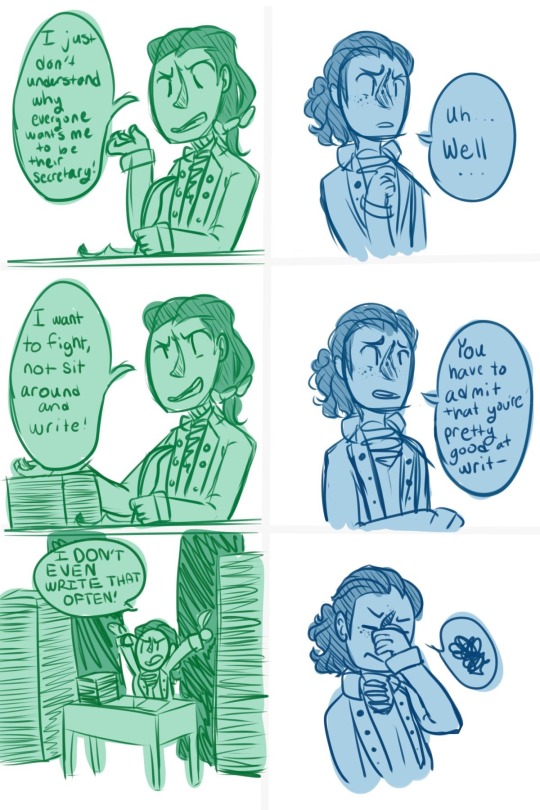
Hamilton is basically me
205 notes
·
View notes
Quote
The only way to do great work is to love what you do. If you haven’t found it yet, keep looking. Don’t settle
Steve Jobs (via caffeineandcollege)
53 notes
·
View notes
Text
when you think you’re doing well in class and you get your first assignment back

390K notes
·
View notes
Text
Famous authors, their writings and their rejection letters.
Sylvia Plath: There certainly isn’t enough genuine talent for us to take notice.
Rudyard Kipling: I’m sorry Mr. Kipling, but you just don’t know how to use the English language.
Emily Dickinson: [Your poems] are quite as remarkable for defects as for beauties and are generally devoid of true poetical qualities.
Ernest Hemingway (on The Torrents of Spring): It would be extremely rotten taste, to say nothing of being horribly cruel, should we want to publish it.
Dr. Seuss: Too different from other juveniles on the market to warrant its selling.
The Diary of Anne Frank: The girl doesn’t, it seems to me, have a special perception or feeling which would lift that book above the ‘curiosity’ level.
Richard Bach (on Jonathan Livingston Seagull): will never make it as a paperback. (Over 7.25 million copies sold)
H.G. Wells (on The War of the Worlds): An endless nightmare. I do not believe it would “take”…I think the verdict would be ‘Oh don’t read that horrid book’. And (on The Time Machine): It is not interesting enough for the general reader and not thorough enough for the scientific reader.
Edgar Allan Poe: Readers in this country have a decided and strong preference for works in which a single and connected story occupies the entire volume.
Herman Melville (on Moby Dick): We regret to say that our united opinion is entirely against the book as we do not think it would be at all suitable for the Juvenile Market in [England]. It is very long, rather old-fashioned…
Jack London: [Your book is] forbidding and depressing.
William Faulkner: If the book had a plot and structure, we might suggest shortening and revisions, but it is so diffuse that I don’t think this would be of any use. My chief objection is that you don’t have any story to tell. And two years later: Good God, I can’t publish this!
Stephen King (on Carrie): We are not interested in science fiction which deals with negative utopias. They do not sell.
Joseph Heller (on Catch–22): I haven’t really the foggiest idea about what the man is trying to say… Apparently the author intends it to be funny – possibly even satire – but it is really not funny on any intellectual level … From your long publishing experience you will know that it is less disastrous to turn down a work of genius than to turn down talented mediocrities.
George Orwell (on Animal Farm): It is impossible to sell animal stories in the USA.
Oscar Wilde (on Lady Windermere’s Fan): My dear sir, I have read your manuscript. Oh, my dear sir.
Vladimir Nabokov (on Lolita): … overwhelmingly nauseating, even to an enlightened Freudian … the whole thing is an unsure cross between hideous reality and improbable fantasy. It often becomes a wild neurotic daydream … I recommend that it be buried under a stone for a thousand years.
The Tale of Peter Rabbit was turned down so many times, Beatrix Potter initially self-published it.
Lust for Life by Irving Stone was rejected 16 times, but found a publisher and went on to sell about 25 million copies.
John Grisham’s first novel was rejected 25 times.
Jack Canfield and Mark Victor Hansen (Chicken Soup for the Soul) received 134 rejections.
Robert Pirsig (Zen and the Art of Motorcycle Maintenance) received 121 rejections.
Gertrude Stein spent 22 years submitting before getting a single poem accepted.
Judy Blume, beloved by children everywhere, received rejections for two straight years.
A Wrinkle in Time by Madeline L’Engle received 26 rejections.
Frank Herbert’s Dune was rejected 20 times.
Carrie by Stephen King received 30 rejections.
The Diary of Anne Frank received 16 rejections.
Harry Potter and The Philosopher’s Stone by J.K. Rolling was rejected 12 times.
Dr. Seuss received 27 rejection letters
152K notes
·
View notes
Text
do you ever read an article so bad that it makes you want to get a PhD so that you can publish a response and thinkshame the author’s opinions with authority
189K notes
·
View notes
Text
“you don’t need to be stressed!” okay but consider this: I am
626K notes
·
View notes
Photo

april 20 | i was trying to think of a snazzy/witty caption but i couldn’t come up with anything anyway this is me a few days ago translating latin hi
8K notes
·
View notes
Photo
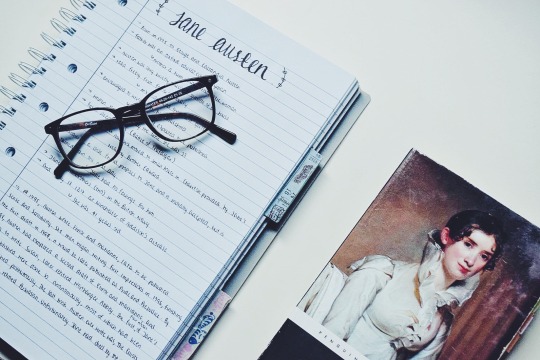
[38/100 days of productivity] 13. 03. 16
A date with Jane
2K notes
·
View notes

